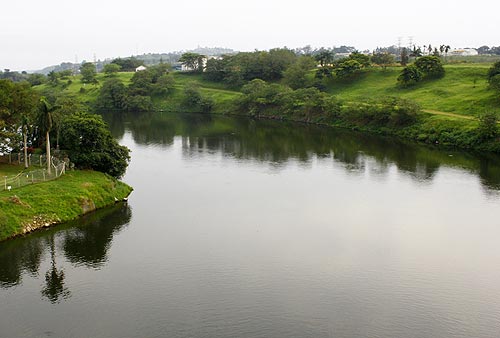
The Nile Basin Cooperation Framework Agreement (CFA), which came into force on Sunday, October 13, is both a source of hope and controversy. Aimed at “establishing rights for riparian countries and promoting equitable management” of Africa’s longest river, the CFA has sparked tensions, particularly with Egypt and Sudan, who have rejected it as an attempt to reduce their share of Nile water.
Cairo’s grievances include a lack of guarantees and insufficient consultation. Egypt’s Minister of Irrigation emphasized that the country would not “give up a single meter of Nile water.” According to Fadi Comair, Honorary President of UNESCO’s Intergovernmental Hydrological Program, the CFA largely benefits upstream countries while marginalizing those downstream, primarily Egypt, which relies on the Nile for 97% of its water. Egypt views Ethiopia’s Grand Renaissance Dam, built without sufficient consultation, as an “existential threat.” These concerns are echoed in the opposition to the CFA.
Despite this, Martinez Mangusho, a former Ugandan ambassador involved in the negotiations, praised the agreement as “decisive.” He stressed that it acknowledges the need for shared water use and cooperation among riparian states, urging Egypt to reconsider its stance, as the door remains open for them to join the CFA. So far, Ethiopia, Uganda, Rwanda, Burundi, and Tanzania have ratified the agreement, while Egypt and Sudan have refused to sign, and the Democratic Republic of Congo has abstained.
